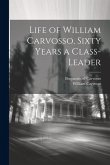William Temple (1881-1944) was the outstanding British religious leader of this century. He believed that the 'modern state' was incomplete without a modern Christian church, which should set the moral and political tone of the community. His political and religious best-seller, Christianity and Social Order, which was published as a Penguin Special in 1942, was one of the sources of the wide support for the British Welfare State of the 1950s. Temple was the most successful and controversial of British 'priests in politics', because as an Archbishop he combined the idea of a national unity rooted in a common set of religious/moral values with a constant demand for political change in the direction of greater social equality. He thus combined conservative and radical impulses to a remarkable degree. This is a study of Temple's public life and policy in Britain, and of his part in the movement to unite the world's Protestant churches. At a time of difficulty for the Church of England, when its role in national life is under threat and national unity is difficult to achieve in a plural society, Temple's career as the last great articulate exponent of Anglicanism calls for a fresh assessment.
Hinweis: Dieser Artikel kann nur an eine deutsche Lieferadresse ausgeliefert werden.
Hinweis: Dieser Artikel kann nur an eine deutsche Lieferadresse ausgeliefert werden.

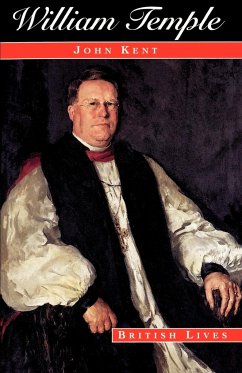
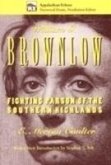
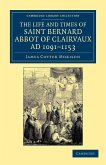
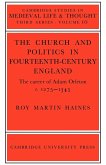
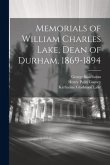
![Memoir of William G. Crocker, Late Missionary in West Africa Among the Bassas [microform]: Includin Memoir of William G. Crocker, Late Missionary in West Africa Among the Bassas [microform]: Includin](https://bilder.buecher.de/produkte/68/68751/68751049m.jpg)

